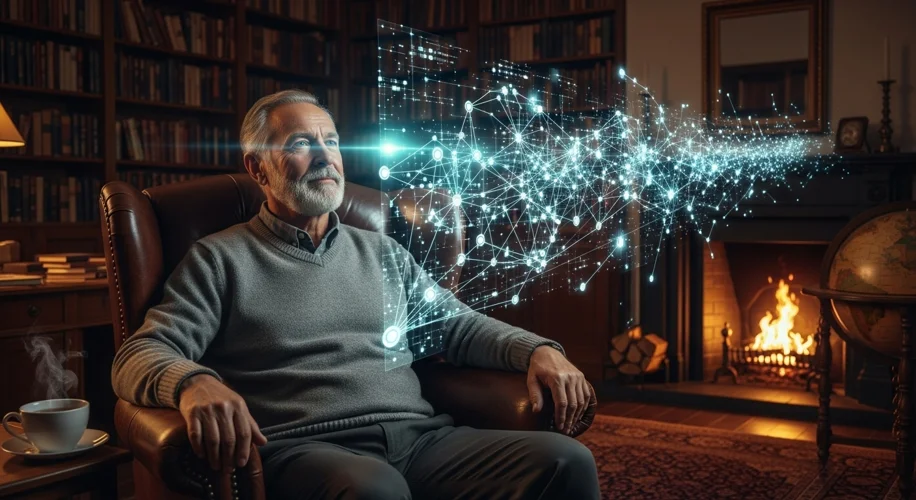It’s a concept that sounds straight out of science fiction: Sam Altman, the head of OpenAI, has floated the idea of giving every single person on Earth a personal, 24/7 AI assistant, powered by a future version of their technology, like GPT-5. And here’s the kicker: he suggests doing it for free.
As someone who’s spent a career in the tech world, I’ve seen a lot of ambitious ideas, but this one stands out. It’s not just about a faster chatbot; it’s about democratizing access to incredibly powerful artificial intelligence on a scale we’ve never imagined. It’s enough to make you wonder if we’re on the cusp of a monumental shift, for better or worse.
Think about it. Imagine having an AI that can help you learn anything, draft emails, brainstorm ideas, or even act as a constant companion, all available to you without cost. The potential benefits are staggering. Education could be transformed, with personalized tutors available to anyone, anywhere. Complex problems could be tackled with the help of AI collaborators. The sheer access to knowledge and assistance could unlock human potential in ways we can’t yet fully grasp.
But as with any powerful technology, especially one offered universally and without charge, we need to pause and think critically. My years in tech have taught me that unintended consequences are often just as significant as the intended ones.
What happens to the job market when almost everyone has an AI assistant that can perform many tasks currently done by humans? Will we see widespread displacement, or will new, AI-augmented roles emerge? How do we ensure that this AI enhances human capabilities rather than replaces them entirely? This isn’t about fear-mongering; it’s about being realistic about the economic forces at play.
Then there’s the impact on human intelligence itself. If we have a constant AI companion to help us think, problem-solve, and create, do our own cognitive muscles atrophy? We already see how readily we outsource memory to our phones. What happens when we outsource thinking? Preserving our own capacity for critical thought, creativity, and problem-solving feels like a fundamental human value we need to protect.
There are also profound ethical considerations. Who controls these AIs? What data are they trained on, and what biases might they carry? Even if offered for free, the infrastructure and ongoing development require immense resources and oversight. Ensuring fairness, safety, and accountability in such a vast deployment is a challenge of a magnitude we’re only beginning to understand.
Altman’s vision is undeniably bold. It’s a future where advanced AI is not a luxury for the few but a tool for the many. It could indeed ‘fix’ many societal problems by leveling the playing field. However, it also has the potential to ‘break’ existing structures in ways we aren’t prepared for.
This isn’t a call to reject progress, far from it. It’s a reminder that as we race towards these powerful technological horizons, we must do so with our eyes wide open. Thoughtful planning, open discussion, and a deep consideration of the human element are not optional extras; they are essential if we want this future to benefit humanity as a whole.

